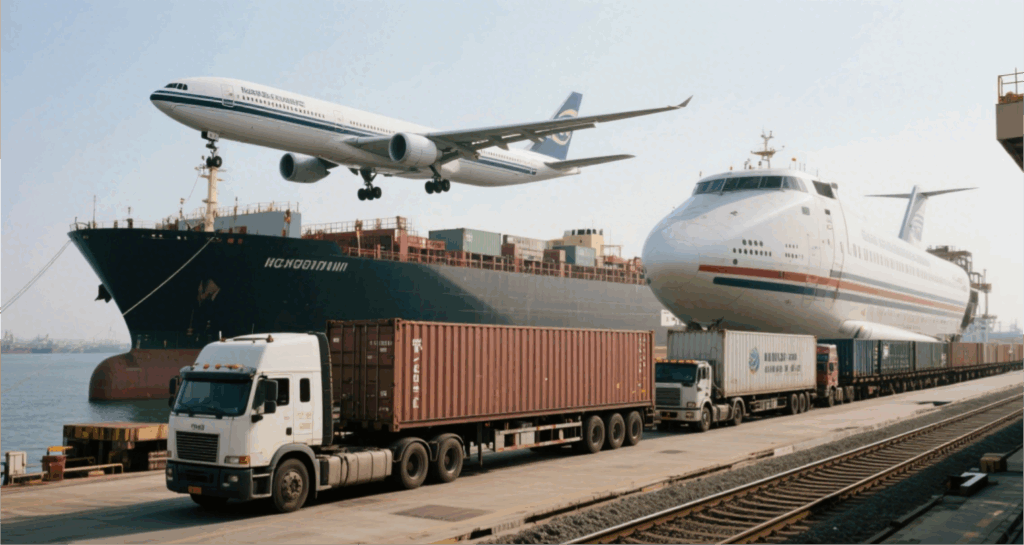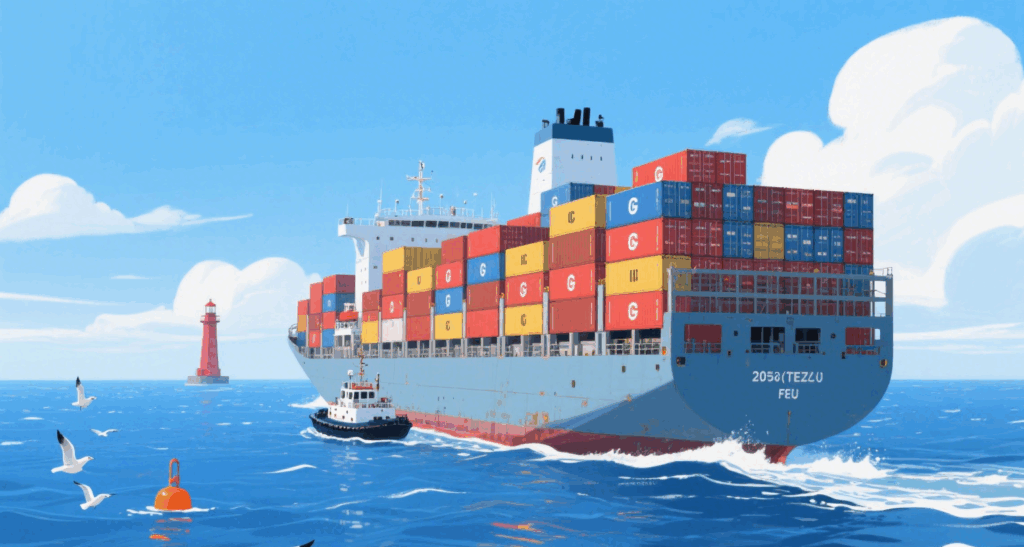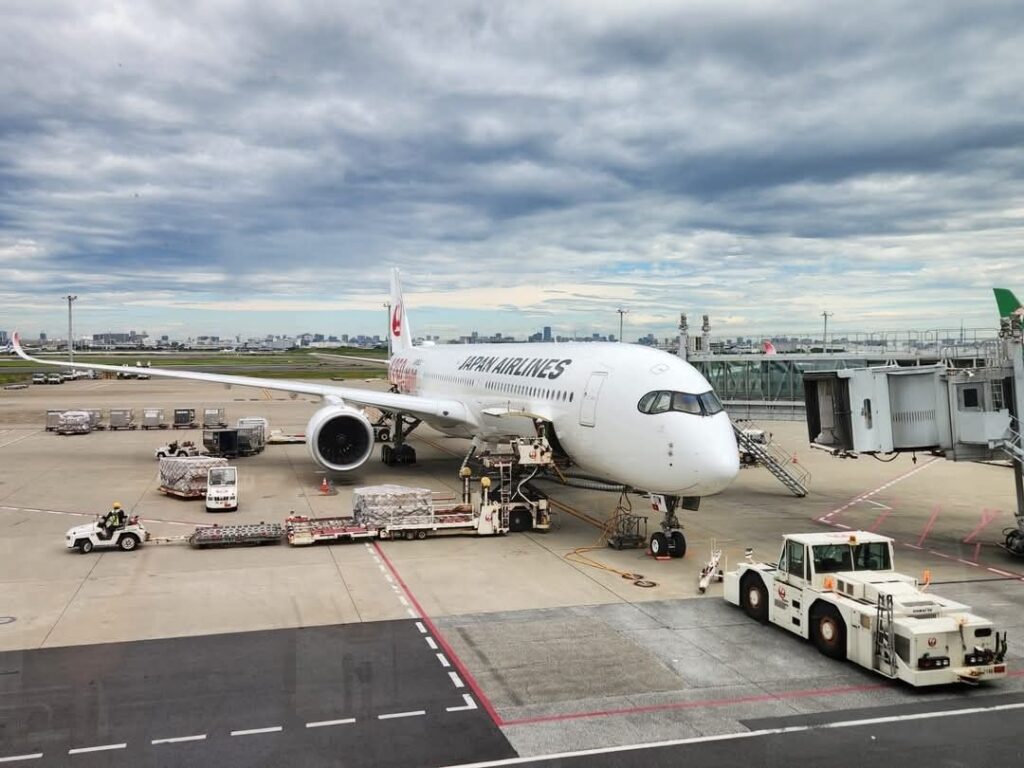Global trade between China and Singapore continues to grow rapidly, driven by electronics, textiles, machinery, and e-commerce. Choosing the right China to Singapore forwarder is critical for businesses that want reliable services, competitive freight rates, and smooth customs clearance. Without a trusted partner, importers may face hidden costs, unnecessary delays, and compliance risks. This comprehensive guide explores freight charges, available shipping methods, required documents, and practical case studies.
What Are the Main Shipping Options from China to Singapore?
Shippers typically choose between air freight, sea freight, and courier services. Each option offers different benefits depending on the nature of the cargo.
| Factor | Sea Freight (FCL/LCL) | Air Freight | Courier (Express) |
|---|---|---|---|
| Cost per unit | Low (best for bulk cargo) | Higher (3–5x sea freight) | Highest per kg |
| Transit Time | 6–10 days | 1–3 days | 2–5 days |
| Best For | Heavy, bulky, non-urgent | Urgent, valuable shipments | Parcels & e-commerce |
| Documentation | Standard customs process | Customs + airway bill | Simplified paperwork |
Accordingly, most large shipments rely on sea freight, while small and urgent cargo uses express courier or air freight.
How Much Do Forwarders Charge from China to Singapore?
Freight rates depend on container type, shipment weight, and Incoterms.
| Container Size | Average Rate (USD) | Cargo Capacity |
|---|---|---|
| 20GP | $450 – $600 | 28–30 CBM |
| 40GP | $850 – $1,100 | 58–60 CBM |
| 40HQ | $900 – $1,200 | 68 CBM |
For LCL shipments, costs average $30–$50 per CBM, while air freight typically ranges $3.5–$6 per kg. Additionally, express couriers like DHL and FedEx may charge $8–$12 per kg for door-to-door delivery.

Which Routes Do China to Singapore Forwarders Use?
Cargo generally departs from China’s southern ports and airports.
| Origin in China | Mode | Destination in Singapore | Average Transit |
|---|---|---|---|
| Shenzhen (Yantian Port) | Sea | Singapore Port | 6–8 days |
| Shanghai Port | Sea | Singapore Port | 8–10 days |
| Guangzhou (CAN Airport) | Air | Changi Airport | 1–3 days |
| Hong Kong | Courier | Singapore door | 2–5 days |
Moreover, multimodal solutions combining trucking, sea, and air can reduce costs for e-commerce shipments.
How Long Does Shipping from China to Singapore Take?
Transit times vary by shipping method.
| Shipping Method | Estimated Time |
|---|---|
| Sea Freight (FCL) | 6–10 days |
| Sea Freight (LCL) | 8–12 days |
| Air Freight | 1–3 days |
| Express Courier | 2–5 days |
Although air freight is faster, sea freight remains the cheapest option for full container loads.

What Documents Are Required for Customs Clearance?
Correct paperwork ensures quick release of goods at Singapore customs.
| Document | Purpose |
|---|---|
| Bill of Lading (B/L) | Proof of shipment and ownership |
| Commercial Invoice | Declares product value for duty |
| Packing List | Itemized cargo details |
| Certificate of Origin | Confirms product origin |
| Import Permits | Required for restricted goods |
| Customs Entry Form | Mandatory for clearance |
Additionally, errors in HS Code classification can lead to delays and penalties.
What Factors Affect Freight Costs from China to Singapore?
- Cargo weight and size – heavier goods cost more per kg in air freight.
- Container type – reefer containers for perishables cost more.
- Peak seasons – freight rates rise during Chinese New Year and Q4 holidays.
- Fuel surcharges – oil price changes impact rates.
- Incoterms – CIF vs FOB changes responsibility for shipping charges.
As a result, forwarders often advise clients to consolidate cargo and book early.
Pros and Cons of Different Shipping Methods
| Mode | Pros | Cons |
|---|---|---|
| Sea Freight | Cheapest, high volume capacity | Slower transit, port delays |
| Air Freight | Fast, reliable, secure for value | Expensive, limited space |
| Courier | Door-to-door, simple paperwork | High cost per unit |
To summarize, businesses must balance cost against urgency when selecting a forwarder.
Real Case Examples
Case 1: Electronics Shipment Shenzhen → Singapore
- Cargo: 20GP, consumer electronics (25 tons)
- Freight Cost: $520
- Transit: 7 days by sea
- Result: Saved 12% through early booking with FOB terms.
Case 2: Garment Shipment Guangzhou → Singapore
- Cargo: 40HQ, textiles (68 CBM)
- Freight Cost: $1,050
- Transit: 9 days by sea
- Result: Reduced costs by consolidating multiple factory orders.
How to Choose the Best China to Singapore Forwarder?
Importers should evaluate:
- Experience in cross-border logistics.
- Network strength in Chinese and Singaporean ports.
- Ability to provide DDP (Delivered Duty Paid) services.
- Transparent pricing and clear Incoterms guidance.
- Real-time tracking and customer support.
Without a doubt, a reliable forwarder minimizes risks and improves efficiency.
Conclusion
Shipping with the right China to Singapore forwarder simplifies complex logistics, reduces costs, and ensures smooth customs clearance. Although sea freight remains the cheapest option, air freight and courier services are essential for urgent or high-value shipments. Ultimately, businesses that plan early, choose reliable partners, and optimize Incoterms gain both cost savings and timely deliveries.
Request a Quote
Need a tailored solution for your shipping from China?
Let TJ China Freight Forwarder assist you with reliable, cost-effective service.
FAQs
Q1.What is the cheapest way to ship from China to Singapore?
The cheapest option is sea freight FCL. Forwarders consolidate goods, reducing per-unit costs for bulk cargo.
Q2.Can I send small parcels through a forwarder?
Yes, LCL and courier services handle small shipments efficiently, balancing speed and cost.
Q3.How fast is air freight from China to Singapore?
Air freight typically arrives within 1–3 days, depending on airport routes and booking time.
Q4.Do forwarders offer door-to-door shipping services?
Many forwarders provide DDP services, covering transport, customs clearance, and final delivery.
Q5.What customs duties apply in Singapore imports?
Duties depend on HS Codes and declared value. Most electronics and textiles face 7% GST plus applicable tariffs.



